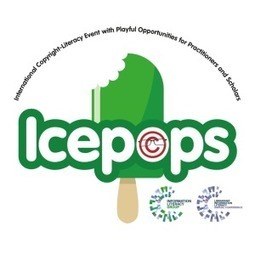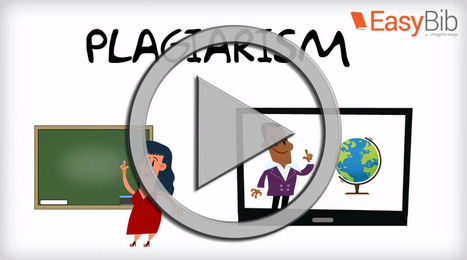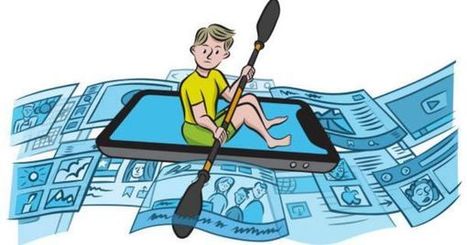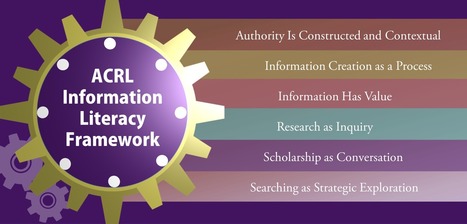A common practice at many colleges and universities involves course faculty inviting librarians into their classrooms to teach research and information literacy skills and concepts customized to disciplinary or course needs. Library instruction varies in format but often manifests in the librarian teaching a single, isolated class session—what librarians refer to as a “one-shot.” Many challenges accompany this traditional format, including time-constraints, disengaged audiences, and little understanding on the part of the student as to how the library instruction integrates with course content.
Via Elizabeth E Charles, Yashy Tohsaku



 Your new post is loading...
Your new post is loading...













